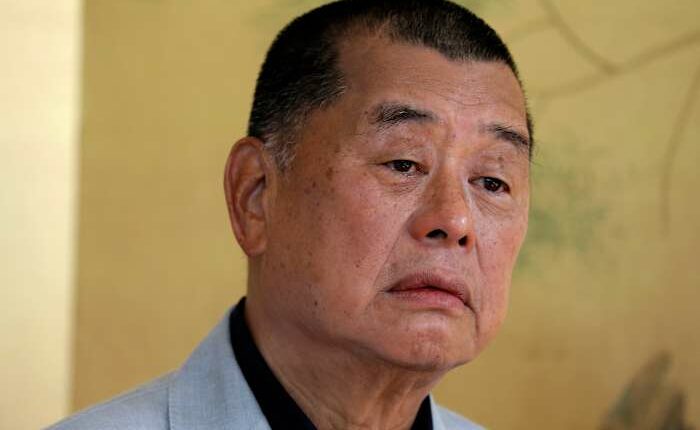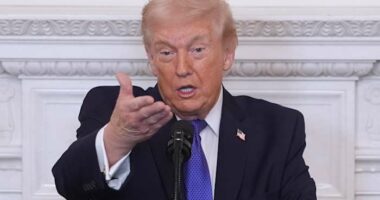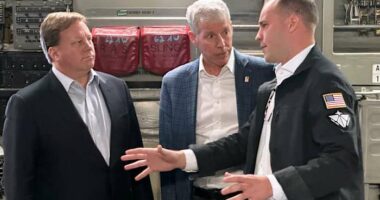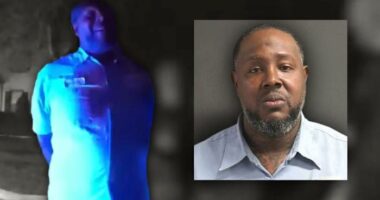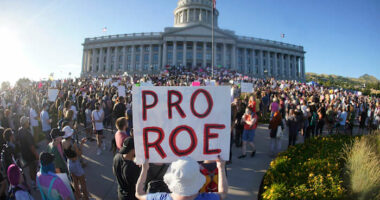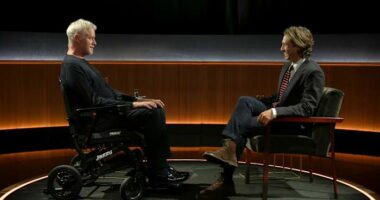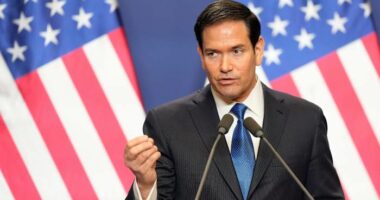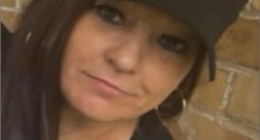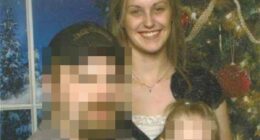Share this @internewscast.com
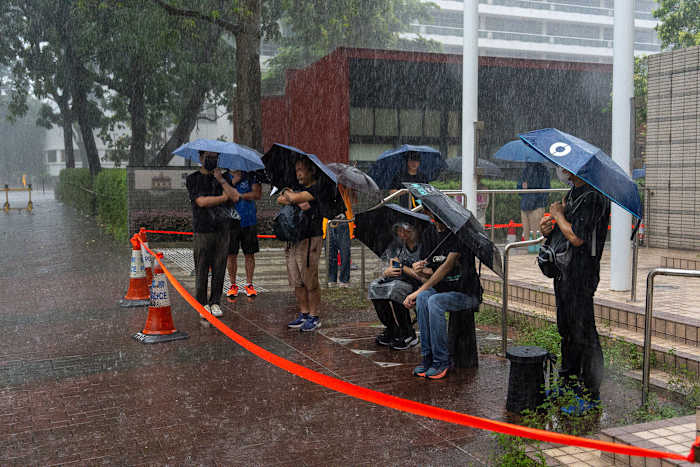
HONG KONG – The landmark national security trial of Jimmy Lai, the former founder of a pro-democracy newspaper, started its final arguments on Monday in a Hong Kong court. If convicted, Lai could face a life sentence.
Lai, aged 77, was apprehended in 2020 under a national security law enacted by Beijing after the 2019 anti-government protests. He is on trial for allegedly colluding with foreign forces to compromise national security and conspiring to produce seditious publications.
He established Apple Daily, a local media known for its critical stance against the Hong Kong government. Lai’s high-profile case—itself a lengthy process extending nearly 150 days from an initial forecast of 80—is widely interpreted as both a test of press freedom and judicial independence in the financial hub of Asia.
Prosecutors claim Lai requested that foreign nations, most notably the United States, take action against Beijing “under the guise of fighting for freedom and democracy.”
In his initial testimony, Lai refuted claims that he urged then-Vice President Mike Pence and then-Secretary of State Mike Pompeo to act against Hong Kong and China amid the protests in 2019.
Subsequently, during questioning by his lawyer about an Apple Daily article alleging he requested U.S. sanctions on Beijing and Hong Kong officials, Lai acknowledged that he likely discussed it with Pompeo, as he had no reason to mistrust the accuracy of the report from the newspaper he once founded, which is now defunct.
But Lai said he would not have encouraged foreign sanctions after the national security law was enacted on June 30, 2020.
The closing arguments have been delayed twice, first due to weather then to concerns over Lai’s health. On Friday, his lawyer, Robert Pang, said Lai had experienced heart palpitations while in prison. The judges wanted him to secure a heart monitor and medication first.
After Friday’s hearing, the Hong Kong government alleged foreign media outlets had attempted to mislead the public about Lai’s medical care. It said a medical examination of Lai found no abnormalities and that the medical care he received in custody was adequate.
It is unclear when the verdict will be delivered.
Lai’s yearslong detention, especially in solidarity confinement, has drawn concerns from foreign governments and rights groups. U.S. President Donald Trump, before being elected to his second term in November, said he would talk to Chinese leader Xi Jinping to seek Lai’s release: “One hundred percent, I will get him out.”
In a Fox News radio interview released last Thursday, Trump denied saying he would “100%” save Lai, but rather that he would bring the issue up. “I’ve already brought it up, and I’m going to do everything I can to save him,” he said.
China has accused Lai of stirring a rise in anti-China sentiments in Hong Kong and said it firmly opposes the interference of other countries in its internal affairs.
Dozens of people waited in the rain Monday for a seat in the main courtroom to see Lai. Former Apple Daily reader Susan Li said she worried about Lai’s health as he looked visibly thinner, and she would continue to pray for him.
“I wanted to let him know we are still here,” she said.
When Hong Kong, a former British colony, returned to China in 1997, Beijing promised to retain the city’s civil liberties for 50 years.
But critics say that promise has become threadbare after the introduction of the security law, which Chinese and Hong Kong authorities insist was necessary for the city’s stability.
Copyright 2025 The Associated Press. All rights reserved. This material may not be published, broadcast, rewritten or redistributed without permission.
